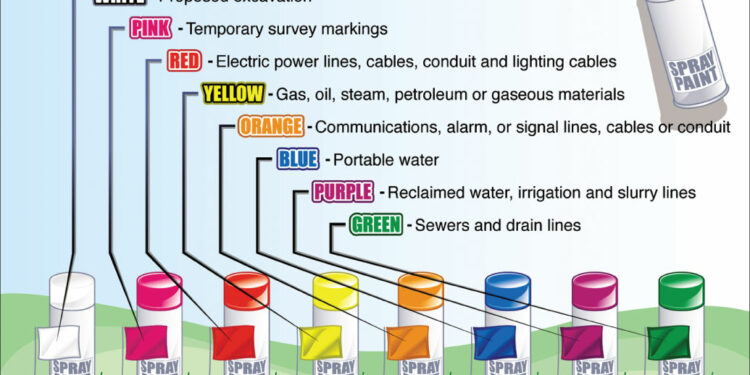Table of Contents
- Labor contractions cause discomfort or a dull ache in your back and lower abdomen, along with pressure in the pelvis
- Some women might also feel pain in their sides and thighs
- Some women describe contractions as strong menstrual cramps, while others describe them as strong waves that feel like diarrhea cramps
Accordingly, Can you have contractions without pain? These contractions are real labor happening before your baby is ready to be born You’ll have symptoms consistent with active labor These are “practice” contractions that usually aren’t painful and shouldn’t be felt in your back Dehydration, sex, or a full bladder can all trigger these contractions
Do early contractions hurt? For you, early contractions may feel quite painless or mild, or they may feel very strong and intense The pain you feel can also differ from one pregnancy to the next, so if you’ve been in labor before you might experience something quite different this time around
When should I go to the hospital for contractions? According to the “411 Rule” (commonly recommended by doulas and midwives), you should go to the hospital when your contractions are coming regularly 4 minutes apart, each one lasts at least 1 minute, and they have been following this pattern for at least 1 hour You may also hear about the 511 rule
Further, What do mild contractions feel like? The standard way to describe a contraction goes like this: it differs from person to person, but in general, you feel an all-over tightening of your abdomen and pain or cramping that often begins in your lower back and radiates to the front
How do contractions start off?
Typically, real labor contractions feel like a pain or pressure that starts in the back and moves to the front of your lower abdomen Unlike the ebb and flow of Braxton Hicks, true labor contractions feel steadily more intense over time During true labor contractions your belly will tighten and feel very hard
How painful are early contractions?
Early labor contractions can feel like gastrointestinal discomfort, heavy menstrual cramps or lower abdominal pressure
What number is a strong contraction?
The red indicator on the bottom tracing shows the strength of a contraction, measured in millimeters of mercury (mmHg) 6 The higher the number, the stronger the contraction
Where do contractions hurt?
Labor contractions cause discomfort or a dull ache in your back and lower abdomen, along with pressure in the pelvis Some women might also feel pain in their sides and thighs Some women describe contractions as strong menstrual cramps, while others describe them as strong waves that feel like diarrhea cramps
Does laying down slow labor?
Spending most of your time in bed, especially lying on your back, or sitting up at a small angle, interferes with labor progress: Gravity works against you, and the baby might be more likely to settle into a posterior position Pain might increase, especially back pain
Do contractions feel like poop cramps?
Here comes baby! During the pushing stage, you will most often feel a strong expulsion sensation with (and sometimes between) contractions, a feeling very much like having to poop It’s not uncommon for contractions to slow down quite a bit during this time, allowing rest in between
How do you know if contractions are real?
When you’re in true labor, your contractions last about 30 to 70 seconds and come about 5 to 10 minutes apart They’re so strong that you can’t walk or talk during them They get stronger and closer together over time You feel pain in your belly and lower back
What do false contractions feel like?
Braxton Hicks contractions are a tightening in your abdomen that comes and goes These contractions don’t get closer together, don’t increase in how long they last or how often they occur and don’t feel stronger over time Braxton Hicks contractions can feel like mild menstrual cramps and be uncomfortable
Do early contractions feel like you need to poop?
During the pushing stage, you will most often feel a strong expulsion sensation with (and sometimes between) contractions, a feeling very much like having to poop It’s not uncommon for contractions to slow down quite a bit during this time, allowing rest in between
Do contractions start out of nowhere?
Labour can start very quickly, but is often slow at the start (particularly if it’s your first baby) Sometimes it can start without you realising it Labour may be starting if: you have a show
What do first stage contractions feel like?
Early labor contractions may feel as if you have an upset stomach or trouble with your digestive system You may feel them like a tidal wave because they increase and finally subside gradually Some women feel intense cramps that increase in intensity and stop after they deliver
How long do early contractions last?
For most first-time moms, early labor lasts about 6 to 12 hours You can spend this time at home or wherever you’re most comfortable During early labor: You may feel mild contractions that come every 5 to 15 minutes and last 60 to 90 seconds
How far apart are early contractions?
Early or latent labor The early or latent phase is when labor begins You’ll have mild contractions that are 15 to 20 minutes apart and last 60 to 90 seconds Your contractions will become more regular until they are less than 5 minutes apart






